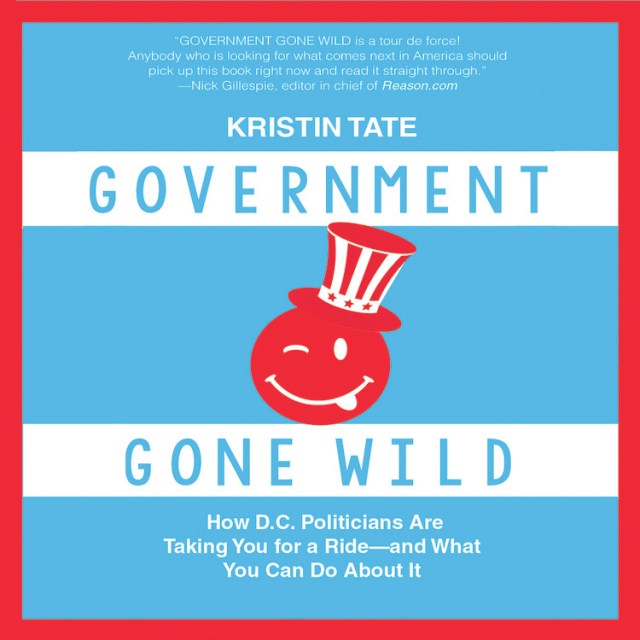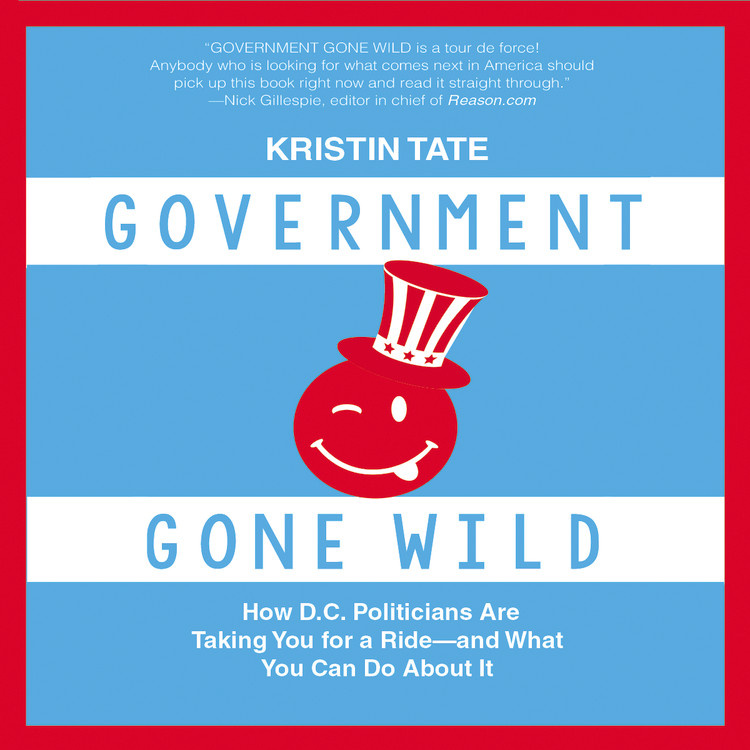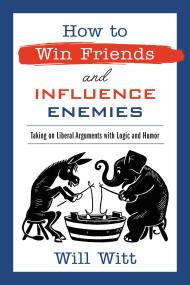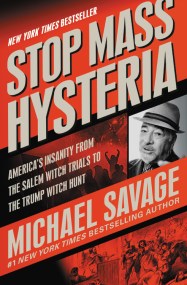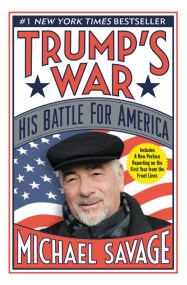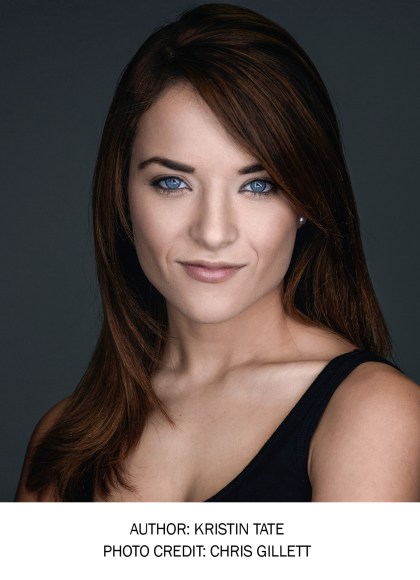By clicking “Accept,” you agree to the use of cookies and similar technologies on your device as set forth in our Cookie Policy and our Privacy Policy. Please note that certain cookies are essential for this website to function properly and do not require user consent to be deployed.
Government Gone Wild
How D.C. Politicians Are Taking You for a Ride -- and What You Can Do About It
Contributors
By Kristin Tate
Read by Avalon Kingsbury
Formats and Prices
- On Sale
- Jun 28, 2016
- Publisher
- Hachette Audio
- ISBN-13
- 9781478969884
Format
Format:
- Audiobook Download (Unabridged)
- Hardcover $37.00 $47.00 CAD
This item is a preorder. Your payment method will be charged immediately, and the product is expected to ship on or around June 28, 2016. This date is subject to change due to shipping delays beyond our control.
Buy from Other Retailers:
Do you really think you’re “free?” #LOL.
D.C. politicians ship our friends and family overseas to fight in wars we shouldn’t be fighting. They monitor our emails, record our phone calls, and peer into our snail mail. They spend our hard-earned cash on things no disciplined family would buy. They tell us who we can marry and what we can put in our bodies. They throw us in overcrowded prisons for smoking pot. They take lavish trips around the world, staying in five-star hotels. . . and it comes straight out of our paychecks.
This isn’t freedom.
Government Gone Wild is a brash, bold ride through the carnival of absurdities that our broken system has become. This isn’t about Democrats vs. Republicans. . . it’s about inspiring hard working Americans to give a damn so we can take our country back. This is your wakeup call. You’re not anywhere near as free as you think you are — but you can be. We’re not as prosperous as we once were — but we can be.
-
GOVERNMENT GONE WILD is a tour de force! Anybody who is looking for what comes next in America should pick up this book right now and read it straight through.Nick Gillespie, editor-in-chief of Reason.com
-
Kristin Tate emerges on the scene as the voice of the millennial generation in GOVERNMENT GONE WILD. Insightful, unexpectedly thought-provoking, and with a heavy dose of humor, this really is a must read for anyone irked by the status quo in Washington.Carla Gericke, president of the Free State Project
-
Kristin Tate exposes the dark underbelly of our government at work through her insight and her passion. This is a must read if you want to help establish a high ethical standard in our government.James O'Keefe, New York Times bestselling author and president of Project Veritas
-
GOVERNMENT GONE WILD is a wake-up call from Kristin Tate. In a lively style, she makes it clear that you're not nearly as free as you think you are. A lot of what she has to say may rub you the wrong way, but it's a message you need to hear.Scott Rasmussen, New York Times bestselling author, co-founder of ESPN, founder of the Rasmussen Reports
-
This book is really special. Kristin is a real firebrand, a tremendous investigative reporter, and this book is a real eye-opener.Steven K. Bannon, Bretibart News Network Executive Chairman
Newsletter Signup
By clicking ‘Sign Up,’ I acknowledge that I have read and agree to Hachette Book Group’s Privacy Policy and Terms of Use
